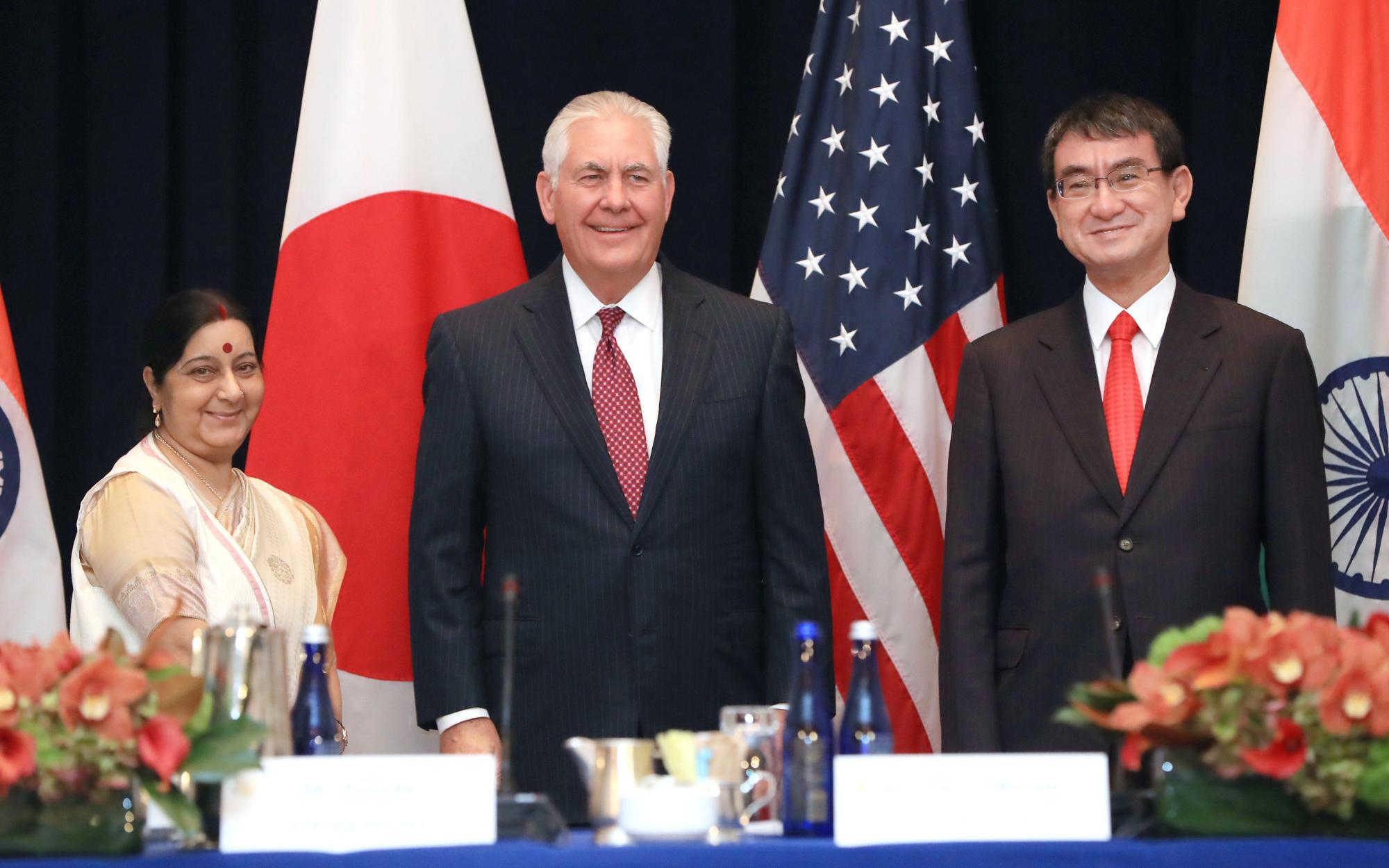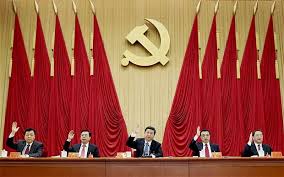
India, Italy to upscale economic ties, enhance counter-terror cooperation
Resetting their bilateral ties on an upward trajectory after a prolonged chill following the Marines incident, India and Italy have decided to enhance counter-terror cooperation and upscale their economic relationship.
The first visit by an Italian prime minister in a decade by Paolo Gentiloni October 30 ended a hiatus of 10 years and firmed up a template for accelerating India-Italy partnership across the spectrum. Mr Gentiloni’s visit marks significant step forward since the two countries were embroiled in a crisis involving two Italian marines accused of killing two Indian fishermen in sea in 2012. The visit paves the way for a series of high-level Italian delegations that are scheduled to visit India in the coming days.









